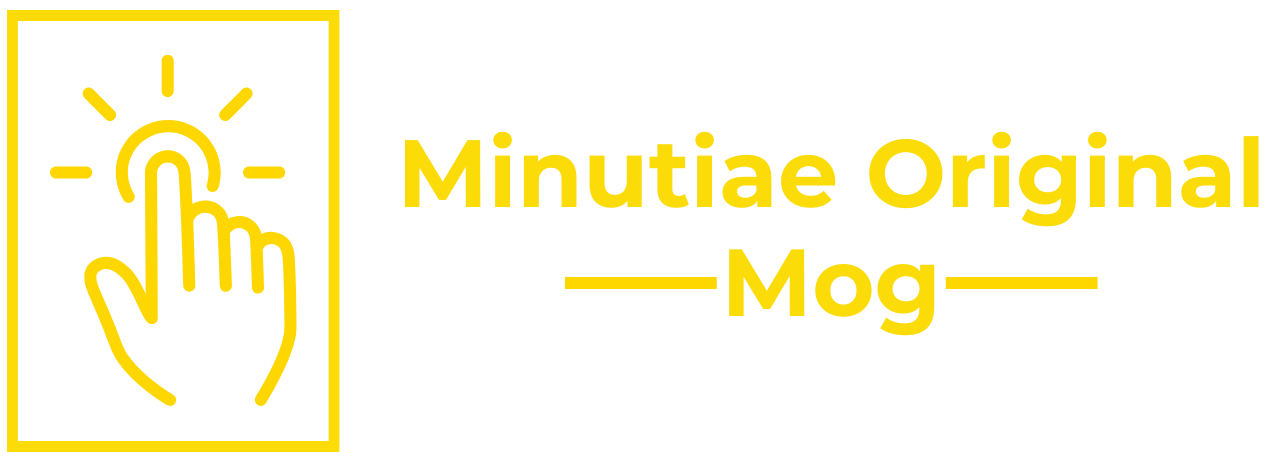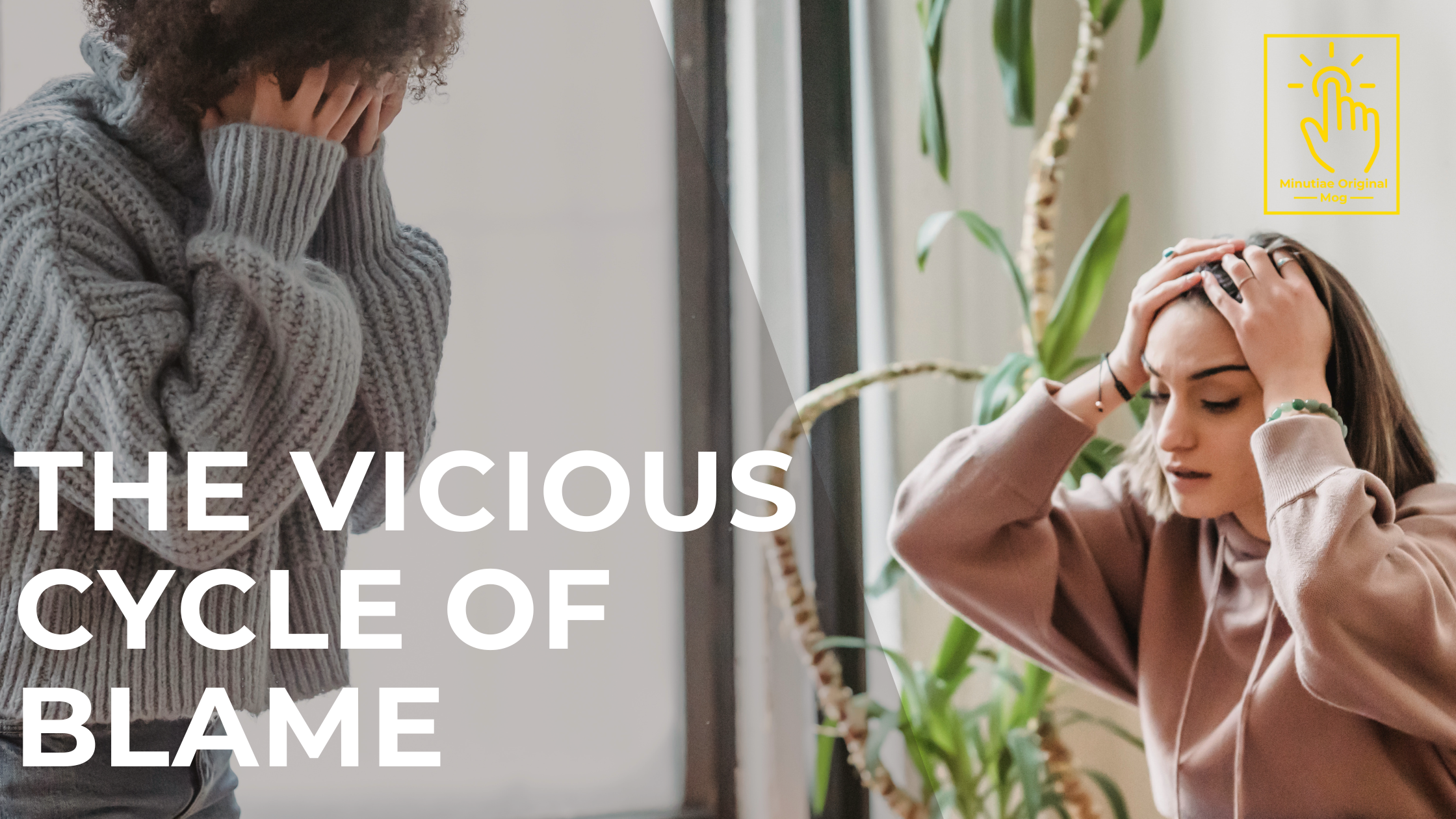“In this house, if I don’t do it, no one will.”
This common phrase, spoken in exasperation by parents and homeowners, reveals a deeper, more fundamental issue that plagues not just our households, but our societies and governments: the profound confusion between responsibility and accountability.
At its core, the problem is a mindset that seeks to unfairly shift blame. People become reluctant to take on tasks because they fear that if something goes wrong, they will be held solely accountable, regardless of the circumstances. This fear paralyzes action and erodes trust. In the home, a parent might be the only one who cleans the kitchen because they believe that if they delegate the task to a child, a single misplaced bowl will result in them having to take the blame. The child, in turn, feels it’s better not to try at all than to face unfair criticism.
This is a critical distinction that must be understood: responsibility can be shared, but accountability can never be shared. You can give someone the responsibility to cook dinner, but ultimately, the person who made the decision to have a home-cooked meal is the one accountable for the final outcome. The dinner might be a team effort, with one person chopping vegetables and another boiling the rice, but the responsibility for those individual tasks does not negate the ultimate accountability of the one who decided to take charge of the meal.
This dynamic, which is so often seen in homes, plays out on a massive scale when it comes to running a country. Consider a president who comes into power on a promise to make a staple food, like mealie meal, more affordable—say, at a specific price point. This promise builds trust and gives the people confidence in their leader. The president, by making this promise, becomes accountable for the outcome.
To fulfill this promise, the president must delegate responsibilities to a team of ministers and technocrats. For the system to work, the president must create an environment where these officials are not afraid to take on their tasks. They should feel empowered, knowing their role is to help the president succeed.
However, the unhealthy cycle of blame often comes into play here. If the president, due to their own fear of failure or criticism, fails to fully empower their ministers, those ministers may feel the pressure of an unfair shift in accountability. They become paralyzed by the thought that if they fail to deliver on the president’s promise, they will bear the full weight of the blame, even if the root of the problem lies with the president’s own lack of support or resources. This fear can lead them to do very little, which only reinforces the president’s belief that “if I don’t do it, no one will.”
Ultimately, the ability of a nation to move forward rests on a healthy, cascading cycle of accountability that begins with the people. A citizenry that is willing to be accountable for their own actions and choices is a citizenry that can justly hold its leaders accountable. When the people are accountable, they demand the same from their leaders. This, in turn, allows a president to build a team of ministers who feel empowered to take on responsibilities without the paralyzing fear of being unfairly blamed.
In both our homes and our nations, this fundamental truth remains: when we learn to distinguish between responsibility and accountability and commit to a culture of fair blame and empowered action, we can break this vicious cycle and build a foundation of trust that truly gets things done.


People should take imitiatives